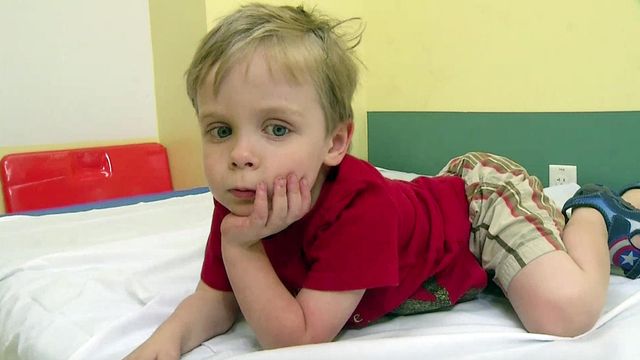Look before you lock: Tips to prevent child hot car deaths
North Carolina ranks No. 6 in the country for the number of deaths since 1991 that have occurred when a child was left in a hot car. Tips to prevent more tragedies.
Posted — UpdatedHot cars and kids. A new report says that North Carolina ranks No. 6 in the country for the number of deaths since 1991 that have occurred when a child was left in a hot car.
In 2009, I read the story, which shares the experience of several families, when my older child had just turned four and I was pregnant with my younger daughter. Afterwards, I remember running out to my car, on more than one occasion, terrified that I hadn't actually dropped my older child off at preschool before I went to work. (I had every single time. And, admittedly, at that point she would have been able to get herself out of the car on her own).
As Weingarten writes: “When it happens to young children, the facts are often the same: An otherwise loving and attentive parent one day gets busy, or distracted, or upset, or confused by a change in his or her daily routine, and just... forgets a child is in the car."
Before the early 1990s, this didn't happen often, he reported. But, that changed when car safety experts recommended child seats move to the backseat because of safety concerns about passenger-side front airbags. Then, experts recommended infant seats turn to be rear facing so parents couldn't see their little ones in the rear view mirror.
"If few foresaw the tragic consequence of the lessened visibility of the child . . . well, who can blame them?," he wrote. "What kind of person forgets a baby?"
The answer: More than you would think, according to Weingarten's story, and it's often a horrible accident. I know. It's incomprehensible for the vast majority of us that any parent or caregiver could leave a child to die a horrible death in the backseat of a hot car. It's unimaginable.
But, as Weingarten writes: "The problem is this simple: People think this could never happen to them."
• Credits
Copyright 2024 by Capitol Broadcasting Company. All rights reserved. This material may not be published, broadcast, rewritten or redistributed.






